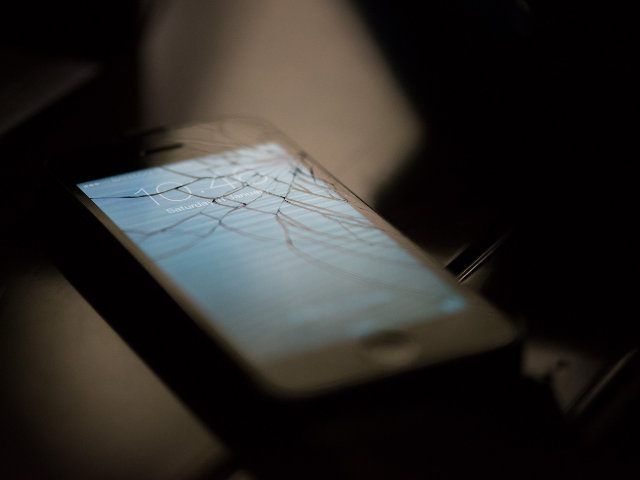The 7th Circuit Court will finally address the use of warrantless cell-site simulators, known as stingrays, in regards to the Fourth Amendment. Believe it or not, this is the first time any federal appellate court has touched the matter.
We’ve been covering the shady usage of stingray devices by local and federal government agencies for a while now. They’re briefcase-sized devices used intercept any and all cellphone information and traffic in a broad radius, acquiring the private information of suspects and everyone else in town. Their usage hasn’t been well regulated, the context for their deployment has remained incredibly vague, and authorities have been predictably sluggish — and sometimes outright dishonest — when addressing the myriad potential abuses.
The court will address the overwhelming evidence that warrantless stingrays were used in the sudden location and apprehension of Damian Patrick in 2013’s case United States v. Patrick. Chris Donovan, Patrick’s lawyer, has filed an appeal that bluntly addresses a very uncomfortable question:
Did law enforcement violate Mr. Patrick’s Fourth Amendment right to be free from unreasonable searches when it tracked or “pinged” the location of his cell phone in real time in order to locate his person, thereby requiring suppression of all resulting evidence found as fruit of the poisonous tree?
The American Civil Liberties Union (ACLU), and the Electronic Frontier Foundation (EFF) have followed this with an amicus brief, making an extensive and damning argument that it’s exactly what happened.
Cell-site simulators raise especially serious questions under the Fourth Amendment, and at least require a warrant. Use of a cell-site simulator constitutes a search for several reasons. First, the device can precisely locate and track people’s phones, which requires a warrant for the same reasons that tracking by the service provider does. Second, cell-site simulators transmit probing electronic signals through the walls of homes, offices, and other private spaces occupied by the target and innocent third parties in the area, and thereby force phones to transmit data to the government that reveals where inside those spaces the phones are.
Let’s be clear: this isn’t a dispute about the guilt of the defendant in committing the crimes of which he has been accused. It’s far more important than that. This case could be a turning point for how much unsanctioned power the American people will allow their government to wield for surveillance purposes.
Follow Nate Church @Get2Church on Twitter for the latest news in gaming and technology, and snarky opinions on both.

COMMENTS
Please let us know if you're having issues with commenting.